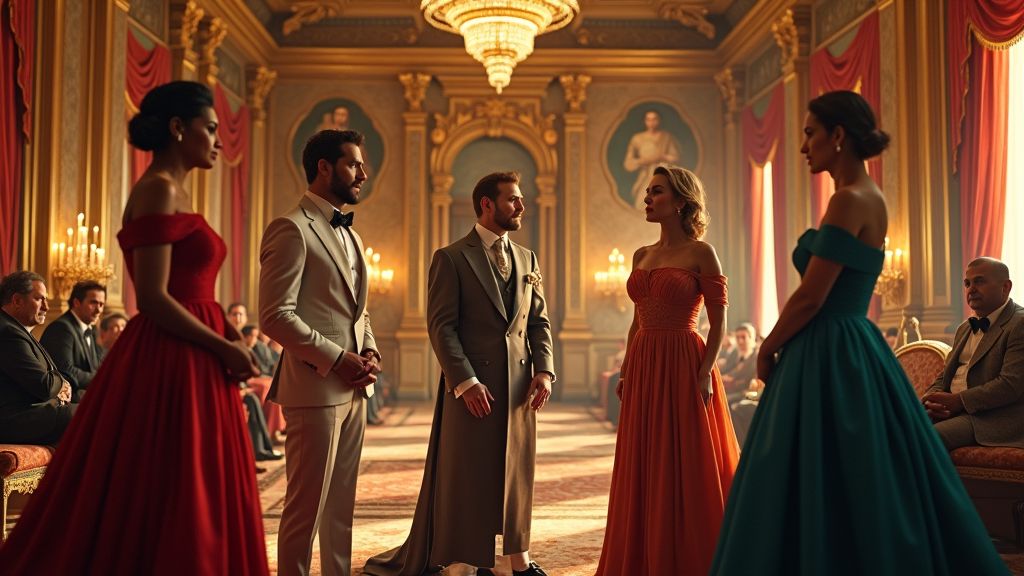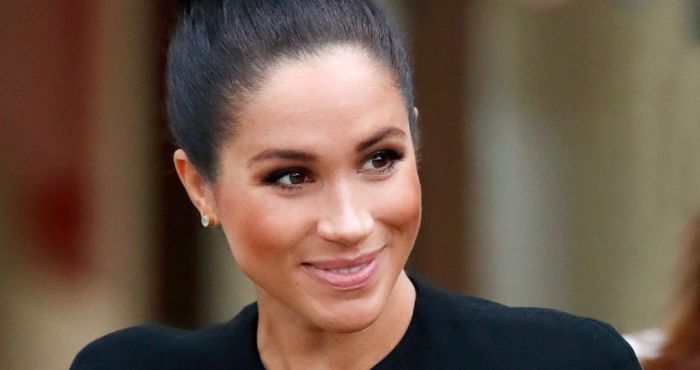The Role of Royals in Shaping National Policies and Laws
Have you ever wondered about the influence that royal families have on shaping national policies and laws? From centuries past to modern times, monarchs and royal figures have played a significant role in the governance and decision-making of nations around the world. Let’s dive into the intricate world of royalty and explore how they have impacted the laws and policies that govern our societies.
The Historical Influence of Royals
Throughout history, royal families have wielded immense power and influence over their nations. From the establishment of monarchies in ancient civilizations to the reign of powerful kings and queens in Europe, Asia, and beyond, royals have been at the center of political and legal developments. For example, in medieval Europe, monarchs were often seen as having a divine right to rule, giving them the authority to make laws and decisions that affected their subjects. The Magna Carta, signed in 1215 by King John of England, was a pivotal moment in the history of royal influence on laws, as it limited the powers of the monarchy and paved the way for constitutional governance.
Modern Royal Influence on Policies
While many monarchies have evolved into constitutional or ceremonial roles in modern times, some royal families still play a crucial part in shaping national policies and laws. In countries like the United Kingdom, where the monarchy coexists with a parliamentary system, the royal family’s approval is required for certain legislative actions. Queen Elizabeth II, for instance, has the power to grant royal assent to bills passed by Parliament, making them official laws. Additionally, royal figures often engage in diplomatic efforts to promote national interests and uphold traditions that influence government policies.
Challenges and Controversies
Despite their enduring influence, royal families have also faced challenges and controversies in their roles as policy shapers. Criticisms of outdated practices, excessive privileges, and lack of accountability have led to calls for reform or abolition of monarchies in some countries. In recent years, debates over the cost of maintaining royal households and the extent of their involvement in political affairs have sparked national discussions on the relevance of royalty in modern governance. These challenges highlight the complex relationship between royalty and national policies in contemporary society.
The Future of Royal Influence
As we look ahead to the future, the role of royals in shaping national policies and laws may continue to evolve. While some monarchies have embraced democratic reforms and adapted to changing societal norms, others remain entrenched in tradition and symbolism. The outcome of ongoing debates over the relevance and legitimacy of royal influence will shape the political landscapes of nations worldwide. Whether royals will maintain their influence or cede more power to elected officials remains to be seen, but one thing is certain: the legacy of royal involvement in governance is a crucial aspect of our collective history and identity.













